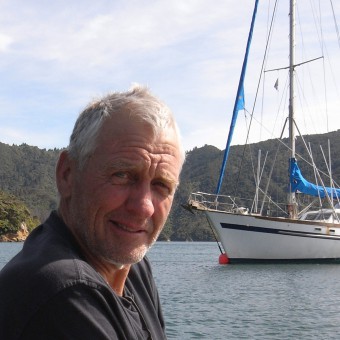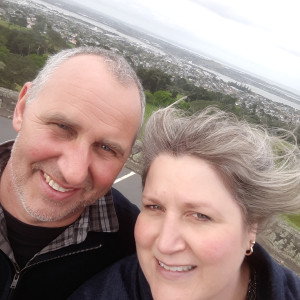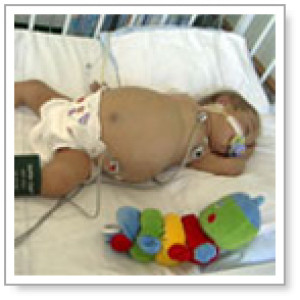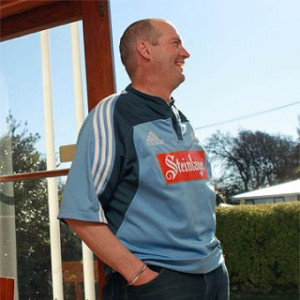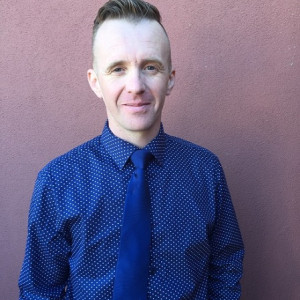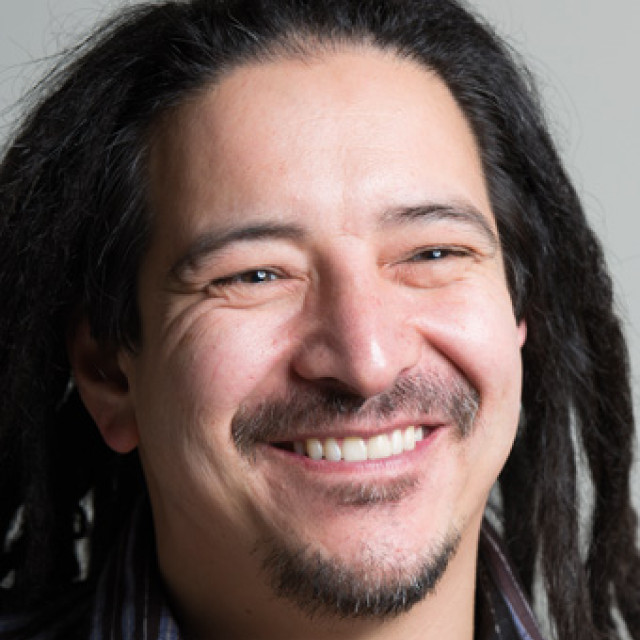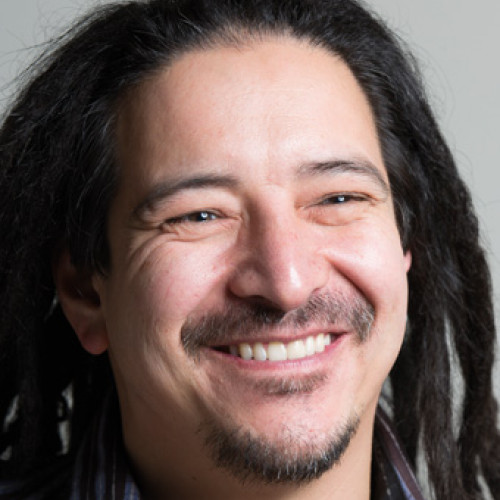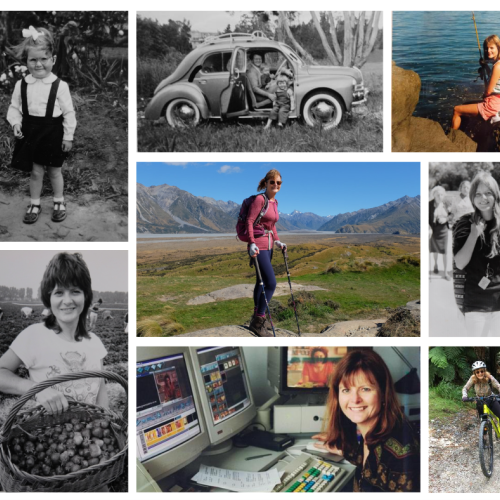When the serious decline started Alan experienced severe itching all over his body, tiredness and increasing jaundice. Towards the end of 2009 he was getting worse and was sent up to Auckland for a week of tests to determine his suitability for a liver transplant. "The first bit of real hope that I could beat this disease came when the liver transplant team approved my placement on the national transplant list."
Alan went back home to Wellington with the understanding that it would possibly take up to a year to get a liver transplant. His health started to deteriorate quickly.
"The most frightening thing for me occurred when I had to drive to hospital to get a liver scan. I arrived at the car park but couldn't work out how to open the door of the car! The toxins, untreated by my liver, were affecting my brain. Very scary for someone who has always been in control of himself. Fortunately I was still able to use my cell phone to call my partner who had to explain how to get out of the car."
This resulted in the first of three trips to Wellington Hospital for Alan.
"It was very scary and my consultant was valiantly trying to treat the symptoms. I had tubes up my nose to feed me, I was taking all sorts of dreadful potions and a fistful of pills each day. It was the most horrible three weeks of my life – especially knowing it could be a long wait for a donor liver."
"I was very sick and scared and feeling very sorry for myself. The continuing support and caring of the health professionals, as well as my partner and my two boys, kept me from sinking into depression."
In March 2010 Alan received a phone call from Liver Transplant Co-ordinator Margaret Johnston telling him there was a donor liver available and he had two hours to get to the airport.
"From that moment on my life changed for the better," says Alan. "I didn't have time to think about the operation. I didn't have time to think of the risks. I was so blown away by the prospect of my chance for a new life, free from the symptoms that had made my life a misery for the last two years; I couldn't help but be euphoric."
Eight hours after the transplant operation Alan was in ICU with a new liver. He describes the week that followed as an emotional one, coming to grips with the aftermath of a major operation. Seven days later Alan was discharged but after four hours he experienced excruciating pain in his stomach.
"I was to learn that my bile duct had failed and I had peritonitis. Never have I felt such pain and it resulted in another operation for a Roux en Y procedure – a reconstructed bile duct using part of my small bowel."
Alan found his second stay in ICU much more difficult.
"Fortunately I was pulled back out of this by my family and started to think less about myself and more about the family who had donated their loved one's liver to save me. It was the thing that turned me around and from then on nothing fazed me. I started thinking about what I would say to my donor's family."
Alan recovered quickly and was discharged two weeks later. He spent the following four weeks walking, going to the gym and trying to put on weight.
"At this point I also spent time trying to write a letter to my donor family. It is the hardest thing I have ever done. I am alive because someone's son, brother, husband or father died. Not a day goes by without me thinking of my new liver. I will never be the same person I was before the transplant. I am linked to two families."
